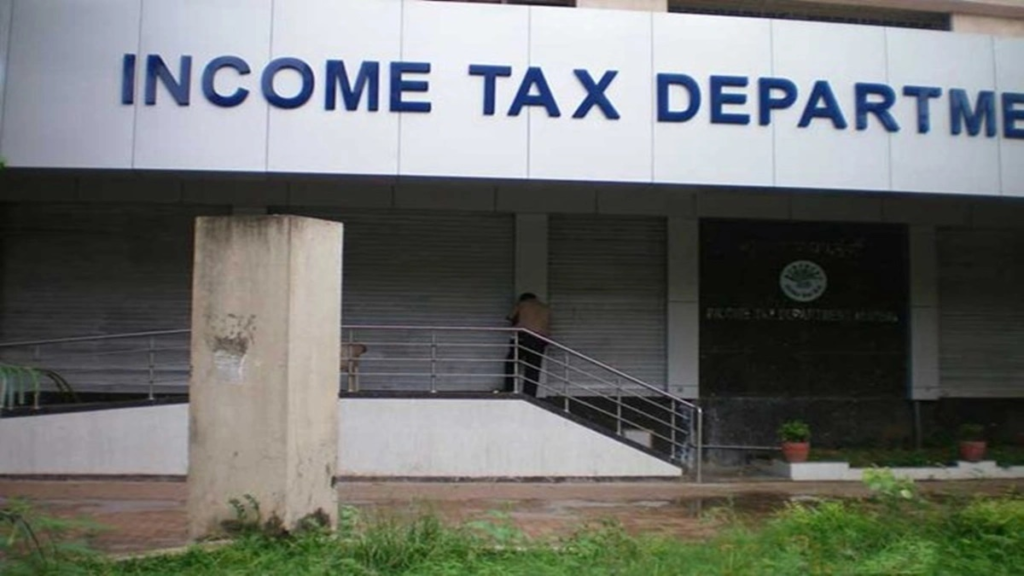According to sources, a number of startups have in recent weeks received notices from the tax department ascertaining details of their fundraise in previous years.
The Income Tax Department is working on the guidelines for applicability of the “angel tax” provisions which were extended to foreign investors effective April 1. The idea is to provide clarity on valuation and the exemption norms.
According to sources, the tax department and the department for promotion of industry and internal trade (DPIIT) are in discussions to finalise the norms and The fresh guidelines for applicability of the “angel tax” provisions shall provide clarity on valuation and exemption norms.
According to sources, a number of startups have in recent weeks received notices from the tax department ascertaining details of their fundraise in previous years. “Many startups have responded to the notices, stating that they are registered with the DPIIT and would not come under the ambit of the new tax,” said a source familiar with the development, adding that they have also provided their bank account and transaction details to the Central Board of Direct Taxes.
These notices come on the heels of the amendments in the Union Budget to Section 56(2) VII B of the Income Tax Act that would bring foreign investors under the angel tax regime. Effective April 1, unlisted companies issuing shares at a premium to non-residents in excess of fair market value (FMV) will also be taxed. However, businesses incorporated before April 2016 can apply for exemptions from this section and Sebi-registered alternative investment funds (AIFs) are also exempt. About 80,000 startups registered with the DPIIT will be exempt.
“As per the foreign exchange pricing guidelines in India, shares issued to non-resident investors cannot be below the FMV of the shares, which acts as a pricing floor. Angel tax now seeks to tax any amount received more than FMV as income in the hands of the company. As a result, the only tax efficient option for a company would be to procure investment at the exact FMV of the shares, which could impact the price negotiations of an investment,” EY wrote in a post-Budget note.
The idea behind the tax is to frustrate use of unaccounted money for share purchases.
Meanwhile, the industry is hopeful that the CBDT will soon issue norms for valuation that would also help them secure funding more confidently and ascertain the tax liability for such transactions.
With the Budget provision effective from this fiscal, it was expected that the CBDT will issue guidelines this month. However, these may now be issued only in May.
“The amendment in the Finance Act, 2023 has upset the apple cart for investors and investee companies which, till now, had the liberty to infuse vigorous premiums against share subscriptions above the FMV as the exchange control regulations only prescribed the FMV as a floor price,” said Sandeep Jhunjhunwala, M&A Tax Partner, Nangia Andersen, adding that the benefit now stands diluted and the investee company could be subject to income tax on such premiums which would add to the cost of fundraise.
On valuations, the income tax law provides an option to the taxpayer to choose between a prescribed net asset-based valuation or a discounted free cash flow (DCF) method. Where the taxpayer chooses the DCF method, such valuation should be certified by a merchant banker. On the flip side, exchange control laws contain broader pricing guidelines enabling the Indian company to adopt any internationally accepted pricing methodology duly certified by a CA or SEBI-registered merchant banker.

source:financialexpress.com


